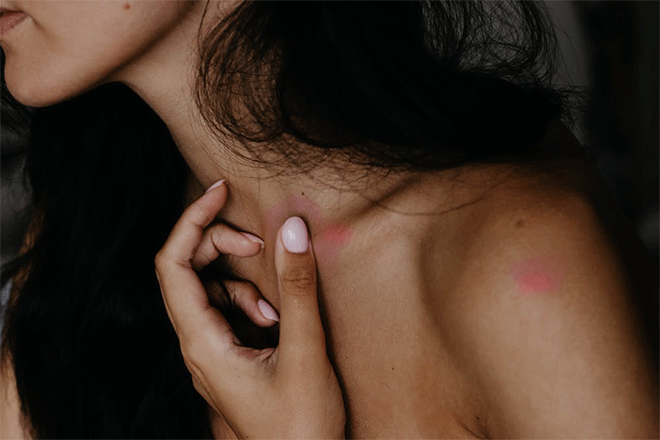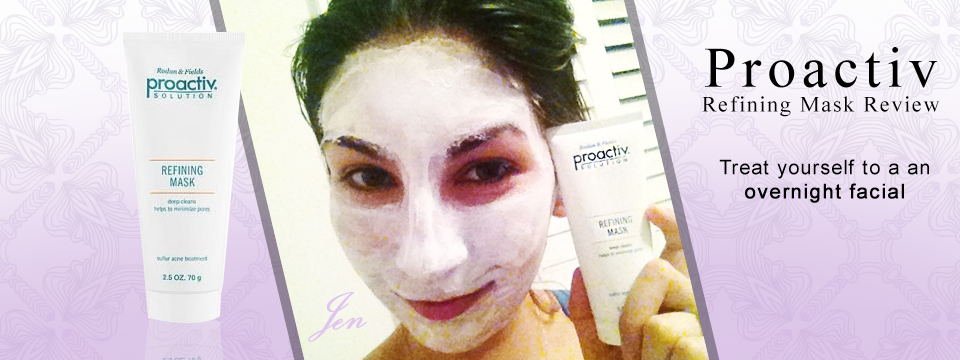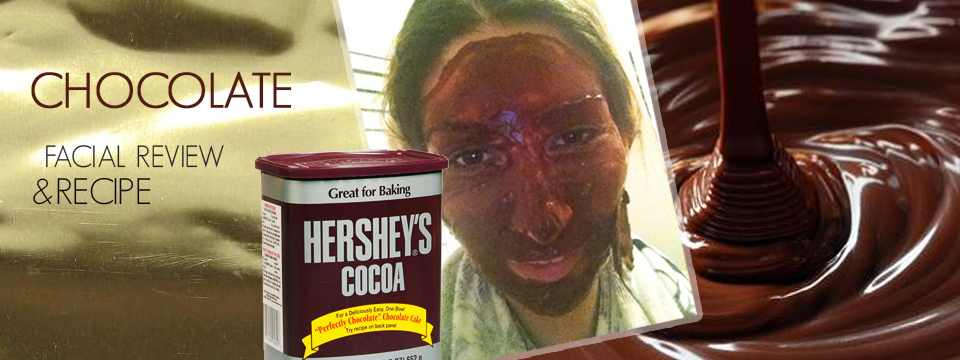Do You Have This Common Skin Condition? All about Eczema.

Eczema is a relatively common skin complaint. At best, it’s itchy and annoying. At worst, it’s painful and seriously damaging to your self-esteem. No one wants itchy, blistered, and scaly skin!
However, despite being relatively common, many people don’t know much about this skin condition. Get to know eczema – including effective ways to treat it – by reading more. Eczema is a chronic condition, and it’s not contagious.
For starters, here are some facts about eczema, which is also called dermatitis:
- Eczema is not contagious.
- The cause of eczema is unknown, but both genetic and environmental factors are thought to affect it.
- Atopic dermatitis, the most common sub-type of eczema, is more prevalent among children and infants, but adults can develop it too.
- Common places where eczema can develop include the hands, feet, and behind knees and elbows.Eczema may have a connection with hay fever, allergies, and asthma.
If you’re lucky, eczema can get better over time. However, it can also get worse. Many people get flare-up and remission periods of eczema, meaning they can experience periods of severe eczema interspersed with periods of very mild or no eczema at all.
Fortunately, eczema is highly treatable. Patients with eczema have numerous options when it comes to medical treatment, including both medications and home remedies. Eczema Medications
There are seven classes of topical steroids, from least potent, over-the-counter topicals to “super potent” topicals. Ask your doctor which one is right for you.
Since eczema can be a long-term condition, you may hesitate to invest in potentially expensive topicals. If so, consider ordering from an online pharmacy referral services like Canada drug center. You can then find medications for eczema – such as Aristocort™ – from licensed pharmacies abroad. Since many countries outside the United States have significantly tighter price controls when it comes to pharmaceuticals, you may find substantially cheaper medicine
online.
Eczema Home Remedies
While complementary and alternative remedies have limited evidence to support their effectiveness, some people may find success with these methods:
- Relaxation and de-stressing can be helpful in treating atopic eczema, especially among children.
- Scientists are experimenting with wet wrap therapy. This involves taking three lukewarm baths a day and following up each bath with a topical medication and moisturizer regimen. The body is then sealed by wet gauze.
- Do note that, according to the American Academy of Dermatology, many oils, supplements, and vitamins have not been shown to effectively treat atopic dermatitis.
- If you love your yogurt, you may want to try probiotic yogurt for eczema. However, the evidence supporting probiotics is inconsistent.
- Find ways to prevent scratching! This may involve regularly trimming your nails or wearing gloves when things get extra itchy.
- Take brief, lukewarm baths, not scalding baths. After a bath, moisturize your skin while it’s still damp.
To stay safe, talk to your doctor before trying an alternative healing method. While many products are natural, they may not be 100% safe or effective.
Eczema Prevention
There is no cure for eczema, but there are prevention methods to minimize the chance of your eczema getting triggered and causing you frustration.
- First, identify your triggers. Do you tend to get flare-ups when there’s a change in season, or when you’re close to certain substances?
- Learn to relieve stress. Eczema flare-ups are often associated with stress. Learning how to control your stress levels can do more to help your skin. Relaxation benefits your overall health and quality of life too.
- Moisturize, moisturize, moisturize! Bring a small tube of moisturizer on the go if you tend to feel dry throughout the day. Avoid scented products.
Eczema can look very different for different people.
“Eczema” is a general term covering many sub-types of eczema that can look very different. Here are some examples:
Atopic Dermatitis
This is the most common type of eczema, affecting over 18 million American adults and about 10% of the world population. Atopic dermatitis often comes with asthma and hay fever. This means people with these conditions (or those who have family that does) are at increased risk of atopic dermatitis. This eczema sub-type often starts in childhood and may improve or even disappear as the patient grows older.
Dyshidrotic Eczema
One distinguishing feature of dyshidrotic eczema is the presence of small, itchy blisters on affected areas. These blisters may ooze clear fluid when scratched. In addition to being very irritating, the appearance of dyshidrotic eczema can hurt your self-esteem. Dyshidrotic eczema can be triggered by metal products, including cobalt, chromium, and nickel found in everyday foods and items, such as jewelry. So, if you have dyshidrotic eczema, you may want to avoid metal products and see if it gets better.
Contact Dermatitis
Contact dermatitis is an itchy, red form of eczema that is triggered when you come into contact with something you’re allergic to. Three common sub-types of contact dermatitis are the following:
- Irritant contact dermatitis happens when the skin comes into contact with an irritating chemical or heat, or is rubbed too hard.
- Allergic contact dermatitis is quite similar, but the skin can take 48-96 hours to react.
- Contact urticaria, also known as hives, is when the skin reddens and swells right away but may not last long. While rare, anaphylactic shock (severe allergic reaction) is a possible complication of urticaria.
Nummular Dermatitis
This type of eczema looks very different from other types. With nummular dermatitis, the condition appears as coin-shaped lesions. It can affect various parts of the body such as the legs, torso, or hands. Interestingly, many people with a severe form of this eczema sub-type do not experience the long-term issues that often come with other forms of eczema.
Stasis Dermatitis
Stasis dermatitis is, interestingly, related to circulation problems, particularly in the legs. Symptoms include varicose veins, aching in the legs, and swelling in the ankles during the day that goes away when you sleep. Blood clots, hypertension, obesity, and other medical conditions like kidney failure can increase your chances of developing stasis dermatitis.
Seborrheic Dermatitis
This eczema sub-type is chronic and usually appears in places where there are many oil-producing glands. This includes around the nose, on the scalp, and on the back. When it manifests on the head, dandruff and greasy scales can be a sign of seborrheic dermatitis. Unlike other eczema sub-types, scientists don’t believe seborrheic dermatitis is related to allergies.
Eczema can have complications
Living with eczema can make you more susceptible to bacterial and viral infections. People with atopic dermatitis should not receive the smallpox vaccine, as they are at increased risk of developing eczema vaccinatum, a serious infection. People in close contact with the patient
who has atopic dermatitis should also avoid the smallpox vaccine so they do not transmit the live vaccine virus to the patient. Struggling with self-esteem? It may be from eczema.
Our skin is our body’s armor. It’s what most people see when they first meet us. Eczema, which isn’t very pleasant to look at, can create a negative first impression, especially if it affects the face. No wonder many people suffer from poor self-esteem (not to mention physical discomfort) due to their eczema.
Improving self-esteem is not easy
It’s often a long and gradual process in which you’ll have to invest some effort. However, we hope the following tips can help:
- Find things you like about your body. What are three features of yourself that you like? Do you never have a bad hair day? Do people compliment your style choices? Are you fit and in great shape? Focus on the positive things you have.
- Take care of yourself. Having eczema may discourage you from other healthy habits, but you are more than your skin! Make sure you eat well, exercise every day, and get enough rest. Who knows, doing so may improve your skin!
- Don’t body-shame. This applies to both thoughts and words about others and thoughts and words about yourself. Contrary to what the media may tell us, few people have the ideal body of superstars. Everybody looks different. We all have our good parts and not-
so-good parts.
Professional Help
If your mental health seriously deteriorates due to a skin condition, you may want to consider professional help. Finding a therapist for appearance issues may seem vain, but give it some serious consideration! The way you look is an important part of your quality of life, and everyone deserves a healthy and happy quality of life. Reaching out for help is not a sign of weakness, but a sign of strength. Getting help means you’re taking charge of the situation.
A type of therapy that may help is cognitive behavioral therapy. CBT challenges you to change the thoughts and behaviors you have in response to situations. You learn to react less negatively and more positively. While it’s best to do CBT with a professional, there are plenty of self-help resources on the Internet.



